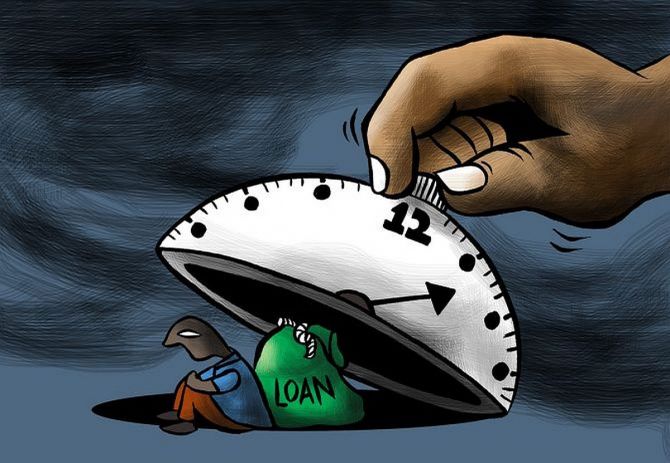People are availing far more of certain kinds of unsecured loans than was the case before the pandemic.

Bank lending for buying consumer durables and funding of credit cards and other personal loans have risen by Rs 6.9 trillion between August 2019 and August 2023, shows a Business Standard analysis of data from the Reserve Bank of India (RBI).
These loans are typically unsecured, which means they are provided without collateral.
Banks consider them riskier than loans backed by collateral, which can be sold off to recover money in the event of a default.
The RBI recently advised banks to be careful with unsecured loans, which it observed had recorded ‘very high growth’ in recent times.
Announcing the monetary policy decisions, RBI Governor Shaktikanta Das asked banks as well as non-banking financial companies (NBFCs) to be careful to ensure adequate risk management and that standards to ensure creditworthiness are maintained while giving out loans.
The total value of these select unsecured loans rose 93 per cent to Rs 14.3 trillion in August from Rs 7.4 trillion in the same month in 2019.
The other personal loans category increased 87 per cent to Rs 11.9 trillion in the same period.
Credit card outstanding rose 124 per cent to Rs 2.2 trillion and consumer durables were up 218 per cent to Rs 0.21 trillion.
These are not the only unsecured loans in the system.
Education loans can be unsecured.
Some consumer durables loans can be secured.
But the numbers can be considered broad indicative of the trend.
Retail loans accounted for a third of the money banks lent out and the share of unsecured loans has been going up, the RBI had noted in its June 2023 Financial Stability Report.
"The composition of secured and unsecured advances has changed during this period.
"While unsecured retail loans increased from 22.9 per cent to 25.2 per cent, secured loans declined from 77.1 per cent to 74.8 per cent,” it said.
It noted that the share of loans that have gone bad is low, though there are some signs of stress.
Many key banks have increased their unsecured portfolio.
The numbers have gone up for ICICI Bank, Axis Bank, Kotak Mahindra Bank, State Bank of India, and Bank of Baroda, according to an August 29 Global Markets Research report from the financial services group Nomura.
HDFC Bank had amongst the highest shares of unsecured loans in its book, though it has not increased after the pandemic.
India’s consumer debt remains low relative to the size of its economy.
It comes in at 36 per cent of gross domestic product (GDP), according to Nomura estimates.
It is 61 per cent in China, 68 per cent in Japan and 75 per cent in the US.
Lead indicators do not suggest any imminent risks to earnings, according to the Nomura report cited earlier authored by research analysts Param Subramanian, Ankit Bihani and Ajit Kumar.
“...risks to earnings from deterioration in the unsecured portfolio appear low for banks, especially in light of the large contingency provision buffers that these banks carry,” it said.











